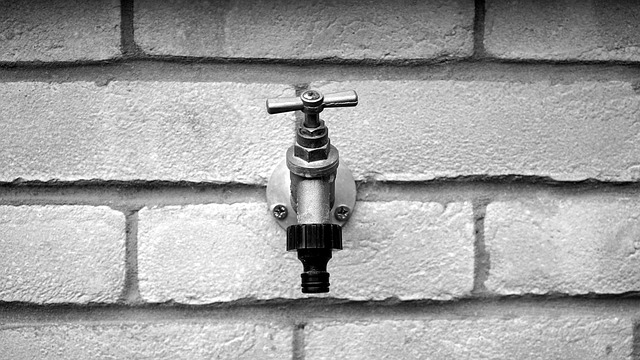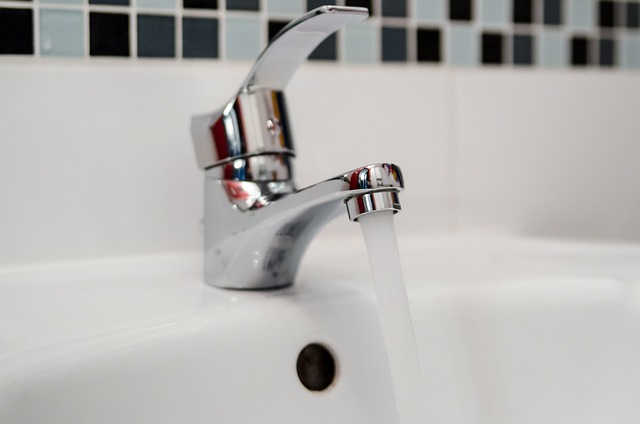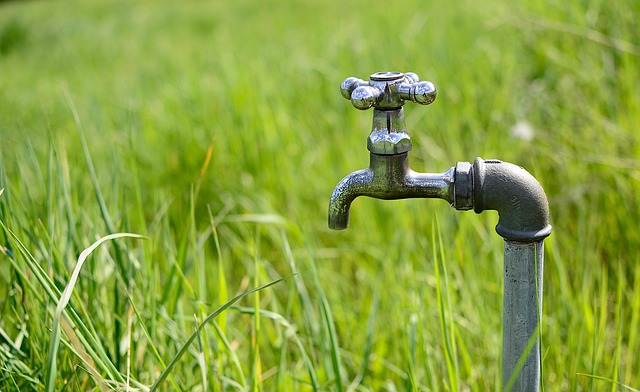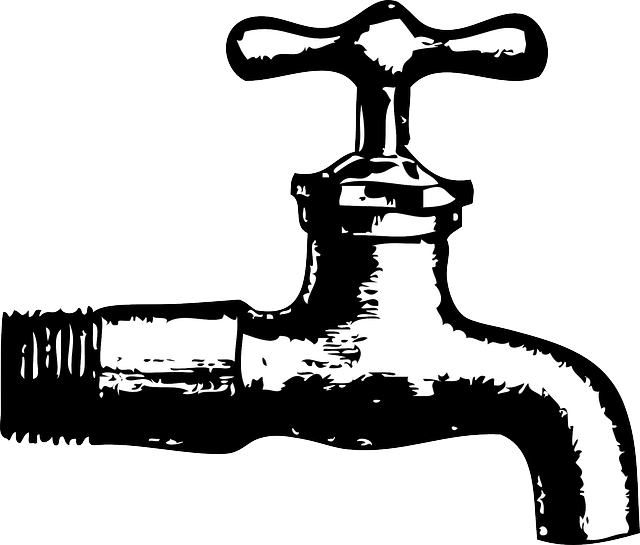Category: Emergency plumbing Services Eugene
Emergency Plumbing Services Eugene: A Comprehensive Overview
Introduction
In the dynamic world of urban infrastructure, efficient and reliable emergency plumbing services play a pivotal role in ensuring the safety and well-being of communities. This article delves into the intricacies of one such vital service—Emergency Plumbing Services Eugene, offering a holistic understanding of its significance, operations, and global impact. By exploring various facets, from historical context to technological advancements, we aim to equip readers with valuable insights into this critical sector.
Understanding Emergency Plumbing Services Eugene: A Definition and Its Essence
Emergency Plumbing Services Eugene, in its essence, refers to the immediate response system designed to address plumbing-related crises within the city of Eugene, Oregon, USA. It involves a network of skilled plumbers, emergency services personnel, and advanced equipment tailored to tackle unexpected plumbing issues swiftly and effectively. These services encompass a range of activities:
- Leak Detection and Repair: Rapid identification and fixing of water leaks to prevent damage and waste.
- Clogged Drain and Sewer Clearance: Specialized tools and techniques are employed to unclog drains and restore sewer system functionality.
- Pipeline Maintenance and Replacement: Regular maintenance and emergency repairs of water mains, pipes, and sewers to ensure a stable water supply network.
- Backflow Prevention: Implementing devices to prevent contaminated water from flowing back into the main water supply.
- Disaster Response: Preparing for and managing plumbing-related challenges during natural disasters or emergencies.
The concept of emergency plumbing services dates back to the early 20th century when urban growth and industrialization led to complex water distribution systems. Over time, these services evolved from basic repairs to comprehensive programs integrating advanced technology and strategic planning.
Global Impact and Trends: A Worldwide Network
Emergency plumbing services have transcended national boundaries, becoming an integral part of modern urban infrastructure globally. The international influence can be observed through several key trends:
- Urbanization and Demand: Rapid urbanization in developing countries has increased the demand for efficient emergency plumbing services. Cities like Mumbai, Beijing, and Mexico City face unique challenges due to their dense populations and aging infrastructural networks.
- Technological Integration: Many cities are adopting smart city initiatives, integrating technology into plumbing services. This includes IoT sensors for leak detection, GPS-enabled vehicles for faster response times, and digital dispatch systems for efficient service coordination.
- Environmental Focus: Global awareness of environmental issues has led to a greater emphasis on water conservation and sustainable plumbing practices. Emergency services are now equipped to provide eco-friendly solutions, such as repairing leaks to reduce water wastage.
- Collaboration and Knowledge Sharing: International organizations and professional associations facilitate knowledge sharing and best practice implementation. For instance, the World Plumbing Council promotes global standards and collaboration among plumbers’ organizations worldwide.
Economic Considerations: Market Dynamics and Impact
The economic landscape of emergency plumbing services is diverse and multifaceted. Here’s an analysis of its key aspects:
- Market Size and Growth: According to a 2022 report by ResearchAndMarkets, the global plumbing maintenance market, which includes emergency services, is projected to grow at a CAGR of 7.5% from 2022 to 2030. This growth is attributed to increasing urbanization, infrastructure development, and rising water supply costs.
- Revenue Streams: Revenue for emergency plumbing services primarily comes from:
- Emergency call-outs: Customers are charged based on the complexity of the issue and travel distance.
- Preventive Maintenance Contracts: Businesses and residential property owners opt for regular maintenance plans to avoid costly emergencies.
- Repairs and Replacements: Plumbers offer parts and labor rates for various plumbing tasks.
- Investment Opportunities: The sector presents attractive investment prospects, especially in regions with aging infrastructures. Governments and private investors are allocating funds for:
- Upgrading water distribution networks.
- Implementing smart city technologies.
- Training and certifying skilled plumbers.
Technological Advancements: Revolutionizing Emergency Plumbing
Technological innovations have significantly transformed emergency plumbing services, enhancing efficiency and customer satisfaction. Some notable advancements include:
- Smart Leak Detection: IoT sensors embedded in pipes can detect leaks early, enabling immediate action. These sensors monitor water pressure and flow rates, sending alerts to control rooms in real time.
- Drones for Inspection: Aerial drones equipped with high-resolution cameras are used for inspecting hard-to-reach areas like sewer networks. They provide detailed visual data, aiding in precise problem identification.
- Geographic Information Systems (GIS): GIS technology maps water infrastructure, allowing emergency services to locate pipes and valves quickly during emergencies. This reduces response times and improves overall efficiency.
- Virtual Reality Training: Plumbers now utilize VR for training purposes, simulating various plumbing scenarios. This immersive learning approach enhances skill development and familiarity with complex systems.
- Mobile Applications: Customized apps provide customers with real-time service updates, allowing them to track technician locations and estimated arrival times. Apps also offer tips for preventing common plumbing issues.
Policy and Regulation: Shaping the Industry
The regulatory framework governing emergency plumbing services varies across jurisdictions but generally aims to ensure safety, quality of service, and fair business practices. Here are some key policy aspects:
- Licensing and Certification: Plumbers must obtain licenses or certifications from local authorities, demonstrating their competence and knowledge of building codes. These requirements vary by region, with some cities mandating specialized training in emergency services.
- Building Codes and Standards: Local and national governments set plumbing standards to maintain water quality and safety. For instance, the International Plumbing Code (IPC) provides guidelines for installation, maintenance, and repair practices.
- Environmental Regulations: Environmental agencies oversee plumbing practices to minimize water pollution and ensure responsible waste disposal. This includes regulations on chemical use, wastewater treatment, and stormwater runoff management.
- Insurance Requirements: Plumbers and emergency service providers are required to have liability insurance to cover potential damages during service operations.
- Consumer Protection: Consumer protection laws safeguard customers’ rights, ensuring transparent pricing, fair business practices, and timely resolution of disputes.
Challenges and Criticisms: Overcoming Barriers
Despite its critical role, the emergency plumbing services industry faces several challenges that require strategic solutions:
- Skill Shortage: The plumbing trade suffers from a shortage of skilled laborers due to perceived low pay and physical demands. Addressing this requires government support for training programs and industry initiatives promoting career paths in plumbing.
- Rapid Urbanization: Rapid city growth strains existing infrastructure, making it challenging for services to keep up with demand. To counter this, urban planning must incorporate resilient plumbing designs and efficient service delivery models.
- Costly Infrastructure Upgrades: Aging water pipes and systems require significant investment for maintenance and replacement. Governments need to allocate adequate funds and implement long-term strategies for infrastructure renewal.
- Environmental Concerns: Balancing water conservation with emergency repair needs can be challenging. Planners should adopt sustainable practices, such as using eco-friendly materials and promoting water reuse where applicable.
- Customer Expectations: With increasing technology adoption, customers expect instant solutions and real-time updates. Service providers must invest in digital infrastructure to meet these expectations.
Case Studies: Successful Applications and Lessons Learned
Case Study 1: Smart City Plumbing Solutions – Amsterdam
Amsterdam, known for its dense population and complex urban network, has implemented a smart plumbing system as part of its smart city initiative. The city’s emergency plumbing services utilize IoT sensors to monitor water pressure and flow throughout the distribution network. This early warning system allows them to detect leaks promptly, minimizing water loss and damage. By integrating technology, Amsterdam has achieved:
- Reduced Water Loss: A 20% decrease in water leakage within two years of implementation.
- Enhanced Response Times: Technicians can now locate issues more efficiently, reducing response times by an average of 15%.
- Cost Savings: The smart system has led to significant cost savings due to reduced repairs and lower water wastage.
Case Study 2: Community-Focused Plumbing in Tokyo
Tokyo’s emergency plumbing services have adopted a unique community engagement approach, fostering strong relationships with local residents. They organize regular workshops and awareness campaigns to educate homeowners on basic plumbing maintenance and prevention. This strategy has resulted in:
- Proactive Customer Base: Residents are more proactive in reporting potential issues, enabling early detection and repair.
- Reduced Call Volume: The community’s increased awareness has led to a decrease in non-emergency calls, allowing services to manage resources more efficiently.
- Cultural Sensitivity: By involving local communities, the services have adapted their practices to respect cultural norms, ensuring better customer satisfaction.
Future Prospects: Emerging Trends and Growth Areas
The landscape of emergency plumbing services is poised for significant growth and transformation in the coming years. Here are some potential areas of focus:
- Sustainable Plumbing Practices: With increasing environmental awareness, there will be a greater emphasis on eco-friendly plumbing solutions. This includes water-efficient fixtures, renewable energy-powered systems, and circular economy approaches to waste management.
- Digital Twin Technology: Developing digital twins of water distribution networks can optimize infrastructure management. These virtual models enable planners to simulate various scenarios, predict problems, and test new solutions before implementation.
- Remote Monitoring and Control: Advancements in remote monitoring will allow plumbers to diagnose issues from control rooms, reducing the need for on-site visits. This technology will be particularly useful in challenging environments.
- Drones and Robotics: The use of drones and robots for inspection, repair, and maintenance will continue to grow, providing safer and more efficient solutions for hard-to-reach areas.
- Customer Engagement Apps: Customized mobile apps will play a bigger role in customer engagement, offering personalized services, real-time updates, and interactive troubleshooting guides.
Conclusion: A Vital Sector Shaping Urban Futures
Emergency plumbing services Eugene represents a critical component of urban infrastructure, ensuring the health and safety of communities worldwide. This article has explored its historical context, global impact, economic significance, technological advancements, policy frameworks, challenges, and successful case studies. As cities continue to grow and evolve, these services will remain indispensable, shaping urban futures through efficient, sustainable, and innovative solutions.
FAQ Section: Answering Common Queries
Q: How do I know if my plumbing issue constitutes an emergency?
A: A plumbing issue is considered an emergency if it involves sudden and severe water leaks, complete pipe ruptures, raw sewage backups into homes or buildings, or no hot water due to main disruptions. These situations require immediate attention to prevent damage and water waste.
Q: What should I do during a plumbing emergency?
A: During an emergency, stay calm and follow these steps: turn off the main water supply (if safe to do so), contact your local emergency plumbing service, provide them with detailed information about the issue, and wait for their arrival. Do not attempt to fix complex issues yourself unless you are trained to do so.
Q: Are there any regulations governing private plumbers?
A: Yes, many jurisdictions have regulations and licensing requirements for private plumbers. These ensure that plumbers meet specific standards of competence, safety, and professionalism. Always check local regulations when hiring a plumber.
Q: How can technology improve my experience with emergency plumbing services?
A: Technology enhances your experience through real-time service updates, interactive apps for troubleshooting, faster response times due to GPS tracking, and personalized support based on your location and past service history.
Q: What are some environmental benefits of efficient plumbing practices?
A: Efficient plumbing practices reduce water wastage, minimize energy consumption (through water heating), and lower greenhouse gas emissions associated with water treatment and distribution. These contribute to a more sustainable urban environment.









